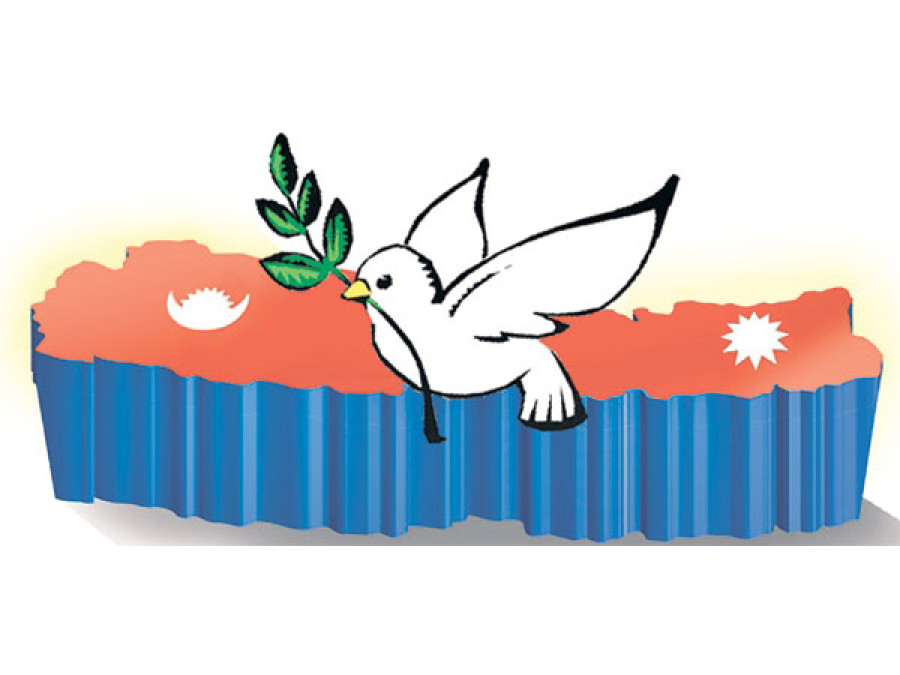Miscellaneous
TRC seeks papers from both sides
The Truth and Reconciliation Commission has written to the government bodies and the former rebel party asking for their policies and strategies developed at different times during the conflict.
Dewan Rai
The Truth and Reconciliation Commission has written to the government bodies and the former rebel party asking for their policies and strategies developed at different times during the conflict.
The transitional justice body, formed to investigate into conflict-era cases, has sought warfare dossiers from Nepal Army, Nepal Police, Armed Police Force, National Investigation Department, Home Ministry, Security Council and Defence Ministry.
The government had carried out ‘Operation Romeo’ and ‘Operation Kilo Sera II’ at the very onset of the insurgency to suppress the armed revolt. After Nepal Army refused to engage with the rebels, the government had created the Armed Police Force to fight the insurgents.
The declaration of state of emergency and mobilisation of the Army after the attack on the barracks in Dang resulted in more deaths. The government had then introduced Terrorist and Disruptive Activities (Control and Punishment) Ordinance 2004 (TADO) to deal with the rebels. A unified security command was also formed to deal with the rebels. Bounty was also issued on the heads of rebel leaders, which are some of the operations carried out by the government known to public.
Similarly, the commission has also written to the then CPN (Maoist), which united with CPN (Unity Centre) to become UCPN (Maoist) in 2009, to present its documents related to what it calls ‘people’s revolution’. The Maoists had also launched several attacks on police posts and army barracks.
“We have asked for all document related to the insurgency from both the parties for policy review, which is crucial to establish organisational or individual connection with incidents that occurred during the insurgency,” said Surya Kiran Gurung, chairperson of the TRC.
The commission is mandated to investigate into cases that occurred between 1996 to 2006. A decade-long insurgency killed over 16,000 people and whereabouts of over 1,300 people remain unknown.
Gurung said this is a part of preparations to call on the victims to register their complaints at the commission. In the absence of regulations, the commission has been unable to start taking complaints from the conflict victims.
The commission readied its regulation and forwarded it to the government for endorsement four months ago. However, the government is yet to endorse it. According to Gurung, the commission discussed the issues with the conflict victims, civil society members, rights defenders and other stakeholders over the period. The decision to acquire conflict dossiers from the parties was a major groundwork laid out for truth seeking.
“Policy review will help us establish whether a particular case is of political or criminal nature,” said commissioner Shree Krishna Subedi.




 10.12°C Kathmandu
10.12°C Kathmandu








%20(1).jpg&w=300&height=200)

